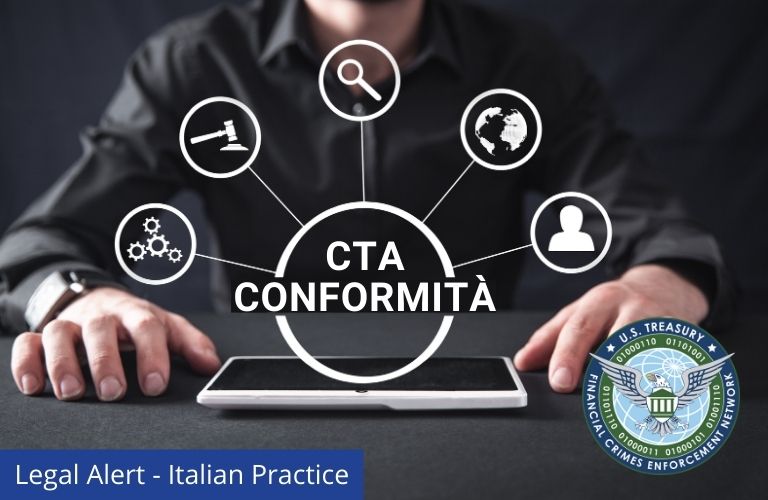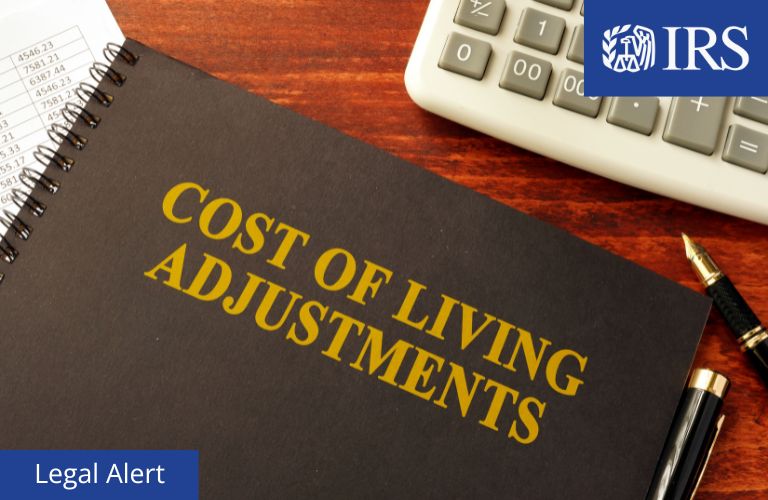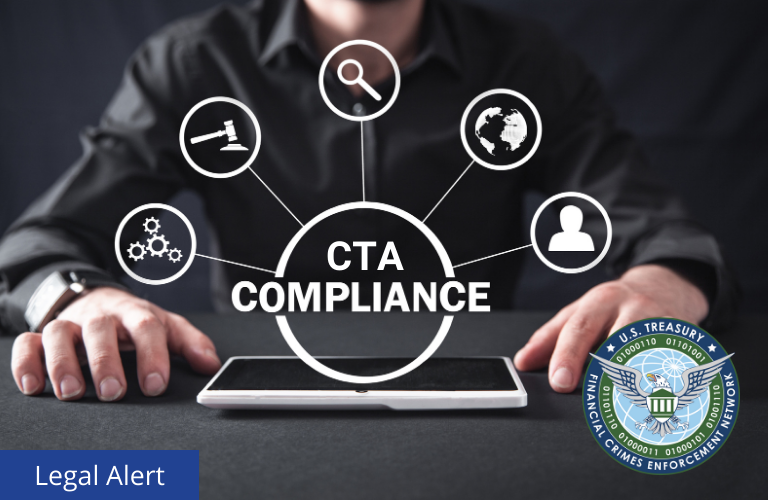
The Fair Labor Standards Act (“FLSA”) requires covered employers to pay employees overtime compensation at the rate of one and one-half times the regular rate of pay for all hours worked over 40 in a workweek, unless the employee qualifies for an exemption. To qualify as an exempt executive, administrative, or professional employee (“white collar worker”) under the FLSA, generally the employee must satisfy the applicable duties test, be paid on a salary basis regardless of how many hours are worked during the workweek, and the employee’s earnings must meet or exceed a minimum salary threshold also known as the… Read more

On Wednesday, November 13, 2024, the National Labor Relations Board (“NLRB”) issued a decision prohibiting captive audience meetings — mandatory meetings held during work hours to explain the employer’s position on union-related matters — finding that they violate National Labor Relations Act (“NLRA”) Section 8(a)(1) which forbids employers to “interfere with, restrain, or coerce employees in the exercise” of their labor rights. The decision overrules nearly eighty years of precedent. The majority reasoned that captive audience meetings trample on employees’ rights to choose not to join the labor debate, gives employers a chance to observe employees’ union sentiments, and inhibits… Read more

On November 5, 2024, the Stockholm Chamber of Commerce Arbitration Institute (“SCC”) announced an important change to its policy regarding seat selection “to make every effort to ensure an arbitral award rendered under the SCC Rules is legally enforceable.”[1] Unless the parties agree otherwise, “[i]n investment treaty arbitrations between parties based in the [European Union (“EU”)], and/or a state that is a candidate or potential candidate for EU membership, the Board will not decide that Stockholm, or any other city, or any other judicial district within the EU, or within a state that is a candidate or potential candidate for… Read more

In vigore dal 1° gennaio 2024, il Corporate Transparency Act (CTA) impone sia alle società di nuova costituzione sia alle società esistenti di fornire informazioni sulla proprietà effettiva (beneficial ownership information – “BOI”) allo U.S. Department of Treasury’s Financial Crimes Enforcement Network (FinCEN – United States Department of the Treasury Financial Crimes Enforcement Network | FinCEN.gov), mediante il deposito di un report specifico. L’obiettivo del CTA è affrontare e prevenire attività illecite, come ad esempio quella del riciclaggio di denaro e l’evasione fiscale, raccogliendo ulteriori informazioni sulla proprietà di soggetti di diritto che operano o interagiscono con il mercato statunitense. In… Read more

Effective: January 1, 2025 The IRS has released the 2025 cost-of-living adjustments applicable to the dollar limitations on benefits and contributions of retirement plans and health and welfare benefit plans. We recommend plan sponsors update their systems and formulas to include the limits that have been adjusted. For a printable version of this chart, click here. For more information on these cost-of-living adjustments, contact your SGR Executive Compensation and Employee Benefits counsel.

Entities in existence prior to January 1, 2024, that are non-exempted “reporting companies” under the Corporate Transparency Act (“CTA”), must make initial filings with the Financial Crimes Enforcement Network bureau of the United States Department of the Treasury (“FinCEN”) by no later than December 31, 2024. Time is running out to comply with these initial filing requirements. We have previously written about the CTA and its requirements on newly formed companies (What You Need to Know About the Corporate Transparency Act), but now we are focused on the CTA’s requirements for pre-existing companies, which account for the majority of entities… Read more

On October 16, 2024, the U.S. Eleventh Circuit Court of Appeals issued its latest decision in Hidroeléctrica Santa Rita S.A. v. Corporación AIC, SA, a long-running dispute over the potential vacatur of an arbitral award.[1] The court’s earlier decision in the case held that the grounds for vacatur in Chapter 1 of the Federal Arbitration Act (“FAA”) apply to all arbitral awards governed by the New York Convention.[2] In its most recent decision, the Eleventh Circuit examined whether one of the vacatur grounds in Chapter 1 of the FAA—that the arbitrators exceeded their authority—provided a basis to vacate the arbitral… Read more

On October 7, 2024, the General Counsel of the National Labor Relations Board (“NLRB”) issued a memorandum (the “Memorandum”) to all NLRB Regional Directors, Officers-in-Charge, and Resident Officers (i) expanding upon the General Counsel’s previous conclusion in a May 30, 2023 memorandum (See NLRB Non-Compete Alert dated June 13, 2023) that most non-compete provisions contained in employment agreements and severance agreements violate the National Labor Relations Act (the “Act”), (ii) concluding that so called “stay-or-pay” provisions, under which an employee is obligated to pay their employer if they separate from their employment, also violate the Act, and (iii) outlining the… Read more

The False Claims Act (“FCA”) imposes civil and criminal liability on parties that knowingly present or cause to be presented a false or fraudulent “claim” to the government.[1] Enacted during Reconstruction in 1863, the scope of the FCA is broad, impacting persons and businesses in numerous fields. Claims subject to the FCA include direct requests to the government for payment, reimbursement requests under federal benefits programs, and various payments made to the government pursuant to various statutory or contractual obligations. Although civil claims under the FCA may be asserted by the Government,[2] the Act also authorizes private parties, called “Relators,” to… Read more

Frontier Airlines, Inc. (“Frontier”), AMCK Aviation Holdings Ireland Limited (“AMCK”) and Carlyle Aviation Management Limited (“Carlyle”), together with some of its affiliates are involved in a series of three related litigations, the first of which began back in March 2020. In late June of this year, a decision came down in the first of the three litigations. In that decision (which is on appeal), the judge found in favor of Frontier against AMCK for breach of contract in respect of a sale leaseback arrangement and found former AMCK subsidiaries, now subsidiaries of Carlyle, also liable for AMCK’s breach of contract. … Read more











